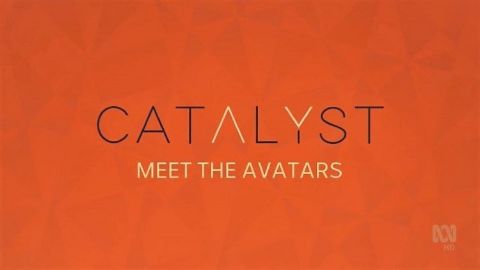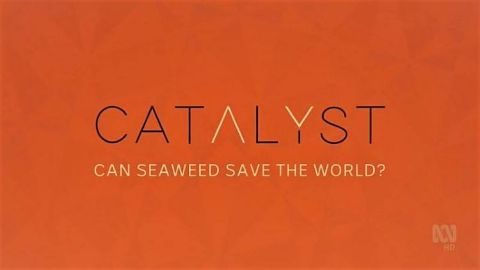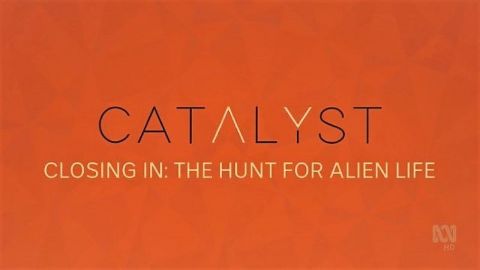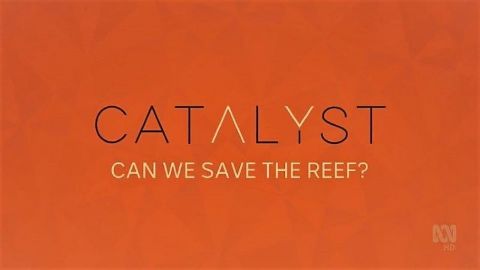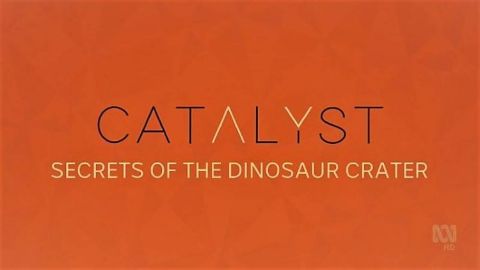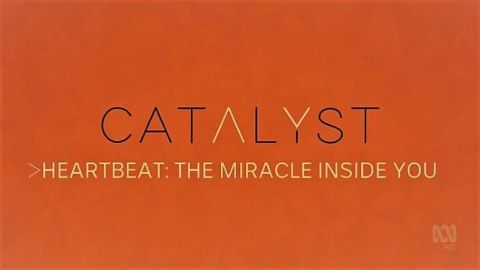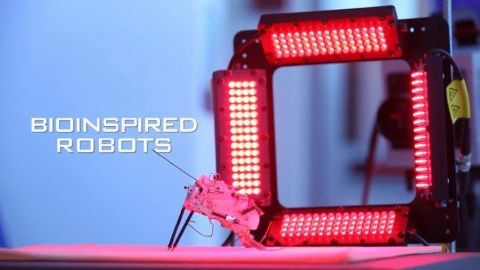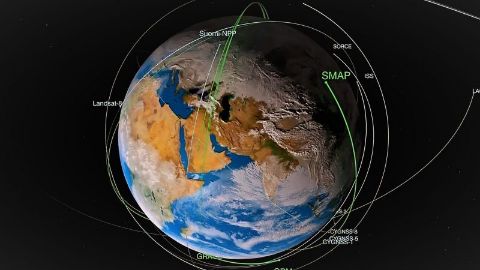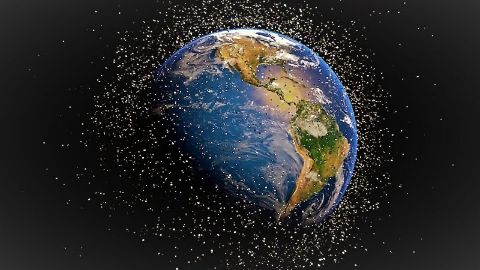Catalyst: Series 18 • 2017 • 6 episodes •
Imagine you could make a copy of a loved one. A digital clone with a life of its own – their Avatar. That’s the dream of biomechanical engineer, Dr Jordan Nguyen, and he says we have the technology to do it right now in the form of Virtual Reality.
2017 • Technology
Growing seaweed is now a ten billion dollar a year global industry. Tim travels to Korea to see some of the biggest seaweed farms in the world and meets the scientists who are hoping to create a seaweed revolution in Australia.
2017 • Economics
Right now researchers are hunting for extra-terrestrial life on several fronts. To find out just how close we might be to a breakthrough, astrophysicist Dr Graham Phillips visits telescopes, swims among the stromatolites on the remote West Australian coastline, and chats with scientists from around the world
2017 • Astronomy
Off Australia's northeast coast lies a wonder of the world, a living structure so big it can be seen from space, more intricate and complex than any city, and so diverse it hosts a third of all fish species in Australia. The Great Barrier Reef as we know it -- 8,000 years old and home to thousands of marine species -- is dying in our lifetime.
2017 • Environment
A group of world-renowned scientists are on a quest to uncover the secrets of the most significant day in our planet's history: the day that killed the dinosaurs. 66 million years ago an asteroid the size of London hit the planet in the modern-day Gulf of Mexico. Now, as co-leaders of an expedition to drill deep into the Chicxulub asteroid impact crater, Geologists Sean Gulick and Jo Morgan have set out to answer how this resulted in the extinction of dinosaurs.
2017 • Nature
Nikki Stamp takes us into the amazing world of our hearts -- revealing how they function, how we can look after them and shows us the latest science she uses to help fix them when they go wrong.
2017 • Health
